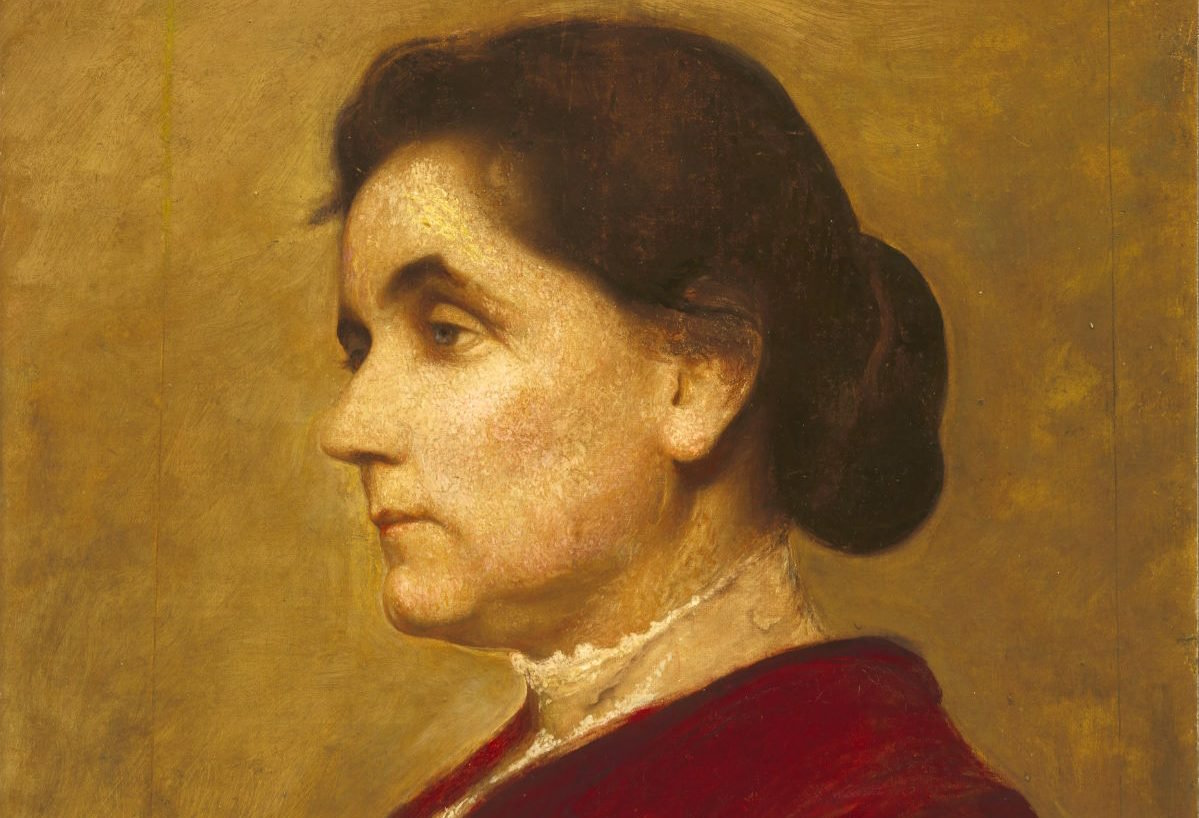in preparation
Well known for her work at Hull House, Jane Addams made a seminal contribution to the development of settlement houses and social work in north America. In this piece, we explore what she added to the practice and thinking of education and pedagogy.
Jane Addams (1869-1935) is, perhaps, best known as a pioneering social worker and social activist, however she was also a committed internationalist and critical intellectual. She introduced and developed the idea of the settlement house to the United States (founding Hull House with Ellen Starr in 1889); campaigned for better social conditions and led investigations into various areas of health and welfare. Jane Addams saw education as the foundation for democracy. She also argued for women’s suffrage and for the peaceful resolution of international conflicts. Her pacifism led her to oppose US entry into the First World War. After the cessation of hostilities, she was active in organizing relief supplies. Awarded the Nobel Peace Prize in 1931, Jane Addams died in 1935.
In the archives
Jane Addams – Socialized education. Jane Addams’ (1910) discussion of the educational contribution of social settlements – Chapter XVIII of Twenty Years at Hull House, New York: Macmillan.
Jane Addams – The subjective necessity for social settlements. This important piece exploring the motives of settlement house workers by Jane Addams was first published in 1892 and later appeared as chapter six of Twenty Years at Hull House (1910).
Key works by Jane Addams
Addams, J, (1902). Democracy and Social Ethics. New York: The Macmillan Company. [Digitized 1998 – Urbana, Illinois: Project Gutenberg]
Addams, J, (1906). Newer Ideas of Peace. New York: The Macmillan Company. [Digitized 2023 – Urbana, Illinois: Project Gutenberg].
Addams, J, (1909) The Spirit of Youth and the City Streets. New York: The Macmillan Company. [Digitized 2005 – Urbana, Illinois: Project Gutenberg].
Addams, J, (1910) Twenty Years at Hull House; with Autobiographical Notes. New York: The Macmillan Company. [Digitized 1998 – Urbana, Illinois: Project Gutenberg].
Addams, J, (1912). A New Conscience and an Ancient Evil. New York: The Macmillan Company. [Digitized 2005 – Urbana, Illinois: Project Gutenberg].
Addams, J, (1916). The Long Road of Women’s Memory. New York: The Macmillan Company. [Digitized 1998 – Urbana, Illinois: Project Gutenberg].
Addams, J, (1922). Peace and Bread in a Time of War. New York: The Macmillan Company.
Addams, J, (1930). The Second Twenty Years at Hull House. New York: The Macmillan Company.
Addams, J, (1932). The Excellent Becomes the Permanent. New York: The Macmillan Company.
Addams, J. (1935). My Friend, Julia Lathrop. New York: Macmillan.
References
Bissell Brown, V. (2004). The Education of Jane Addams. Philadelphia: University of Pennsylvania Press.
Fischer, M., Nackenoff, C. and Chmielewski, W. (eds.) Jane Addams and the Practice of Democracy. Urbana, Illinois: University of Illinois Press.
Knight, L. W. (2010). Jane Addams. Spirit in action. New York: W. W. Norton.
Lageman, E. C. (ed). (1985). Jane Addams on Education. New York: Teachers College Press.
Moskop, W. W. (2020). Jane Addams on Inequality and Political Friendship. New York: Routledge.
Shields, P. M., Hamington, M. and Soeters, J. (eds.) (2023). The Oxford Handbook of Jane Addams. New York: Oxford University Press.
Acknowledgement: Jane Addams painted by George de Forest Brush, National Portrait Gallery, Smithsonian Institution. Sourced from Wikimedia – listed as being in the public domain.
© Mark K Smith 2024
